Experience two life-list destinations—one cultural and one natural—on a rewarding journey that will have you exploring Peru’s Sacred Valley and Machu Picchu as well as the unique wildlife of the Galápagos Islands.
Machu Picchu and the Galápagos
16 days from $9,795 | includes airfare, taxes and all fees
Experience two life-list destinations—one cultural and one natural—on a rewarding journey that will have you exploring Peru’s Sacred Valley and Machu Picchu as well as the unique wildlife of the Galápagos Islands.
Tour Details
WHAT OUR TRAVELERS SAY
- David L.Our tour with the Smithsonian to South America (Machu Picchu and Galapagos) was without a doubt one of the most fun, enjoyable, and educational journeys we have taken. Our fellow travelers quickly bonded and we are still in contact with many of them. We look forward to our next adventure with educated and thoughtful people.
- Steve and Nancy S.This was our first time with a tour group. An excellent experience in every way! The tour directors, expert, and guides were incredibly knowledgeable. I'm so glad we chose Smithsonian Journeys!
- Andrew K."The [journey] to Peru and Ecuador was meticulously planned. Its quick pace allowed us to cover a large number of places and this was a big plus. The Smithsonian Expert provided the crucial context of the pre-Inca and the Inca civilizations. He was a great source of knowledge to everyone: during his illuminating lectures, but also during the excursions to many places and museums that we visited together. One of the best trips that my wife and I have undertaken because of itinerary, the expert and tour directors, and excellent accommodations. We are already planning the next trip with the Smithsonian!"
JOURNEYS DISPATCHES
Experts
/https://tf-cmsv2-journeys-media.s3.amazonaws.com/journeys/expert/Sapp_at_Pachacamac.jpg)
Bill Sapp
Bill Sapp is an archaeologist with special expertise in the Andes. He has been leading tours for almost two decades and is an expert in the Inca site of Machu Picchu, the Machu Picchu Sanctuary, the Sacred Valley, and other sites in and around Cusco. Bill received his PhD in Anthropology from UCLA, where his dissertation documented his excavations at Cabur, a Lambayeque country palace located on Peru’s north coast. He also excavated at Farfán, a large Lambayeque and Chimú administrative center, and El Algarrobal de Moro, a Chimú administrative site in the Jequetepeque Valley. His primary interests are the late prehispanic polities and the structure and development of their administrative systems. Bill previously served on the Board of Conservation Volunteers International Program, where for a number of years he brought volunteers to Machu Picchu Sanctuary to work with the Ministry of Culture and the Ministry of the Environment to maintain and protect the sites and trails within the Sanctuary. Bill currently works as an archaeologist and tribal liaison for the US Forest Service on the Lincoln National Forest in New Mexico.
/https://tf-cmsv2-journeys-media.s3.amazonaws.com/journeys/expert/OgburnSacsayhuaman_2013.jpg)
Dennis Ogburn
Dennis Ogburn is an archaeologist who specializes in the study of the Inca Empire and other ancient societies in Andean South America. A native of North Carolina, he went west to attend college at Rice University before moving even further west to earn his MA and PhD at the University of California, Santa Barbara. Subsequently, he worked at the Archaeological Research Facility at the University of California, Berkeley, then moved back east, where he is now Associate Professor in the Department of Anthropology at the University of North Carolina at Charlotte. He has been active in fieldwork and research in Andean archaeology for over 20 years, leading or participating in work in the southern and northern highlands of Ecuador and in the Cuzco, Ayacucho, and Nasca regions of Peru. His research is at the intersection of science and history, as he employs scientific techniques such as geochemical sourcing and radiocarbon dating in combination with the analysis of historical documents. He has written a number of scholarly works, including articles in prominent journals such as Latin American Antiquity, Ethnohistory, and the Journal of Archaeological Science, and a co-edited volume Foundations of Power in the Prehispanic Andes, published by the American Anthropological Association. Topics of some of those publications include the scope of warfare in the Inca Empire, the long‐distance movement of large building stones in the Inca Empire, and the Inca conquest and occupation of highland Ecuador. In recent and on-going projects, he has been investigating the interpretation of quipus (the Inca writing system), the origins of Inca building stones in the Cuzco region, and the contents of drinking vessels from the Peruvian coast. At UNC Charlotte, he regularly teaches courses in archaeology and related subjects, including South American Archaeology and Ethnohistory of New World Peoples. In addition to a general affinity for old things, his interests include playing guitar, hiking, bicycling, collecting rocks, and learning about native plants and animals.
/https://tf-cmsv2-journeys-media.s3.amazonaws.com/journeys/expert/Wiese_Katryn_2021_Iceland_Volcano_2.jpg)
Katryn Wiese
Katryn Wiese is a professor of geology, paleontology, and oceanography with 30 years of experience, including research, teaching, field explorations, and community outreach. She studied at Caltech, Oregon State University, and Stanford University and focused her early research experiences on volcanic processes (modern and historic) in Iceland, Hawaii, the seafloor around the Azores and the Galapágos Islands, and the tablelands of Eastern Australia. Since then, she has journeyed around the world as a scientist and field guide, gaining field expertise across North and South America, Antarctica, the Arctic, Australia, New Zealand, and islands across every ocean, including Palau, Tahiti, Fiji, and Svalbard.
Katryn’s primary focus today is her award-winning teaching: engaging students of all ages and backgrounds in exploring the natural phenomena at work in the landscape, reading the stories in the rocks and the landforms, evaluating the impact of the Earth and its oceans on our climate, culture, and society, and evaluating the impacts human civilizations throughout history have made and continue to make on our planet. She shares that work with local and global audiences through her Earth Rocks! YouTube video channel, her library of open source earth science lessons and lab manuals, and the Story of Time and Life, a 4-floor exhibit of dinosaurs, fossils, and meteorites that she installed and curates at City College of San Francisco in collaboration with the California Academy of Sciences.
While she continues to collaborate with and support colleagues and exhibits at City College of San Francisco, she recently joined the faculty at the College of San Mateo, which is closer to her home on the edge of the San Francisco Bay. She is an avid hiker and kayaker and most at home outdoors exploring erupting volcanoes, glacially carved fjords, fossil-and-mineral-rich cliffs, and majestic mountains and coastlines that are off the beaten path.
/https://tf-cmsv2-journeys-media.s3.amazonaws.com/journeys/expert/Harrison_Regina2018.jpg)
Regina Harrison
Regina Harrison is a specialist in the language of the Incas, Quechua. She received her Ph.D. from the University of Illinois and is Professor Emerita of Latin American Literatures and Comparative Literature at the University of Maryland. Her first book, Signs, Songs, and Memory in the Andes: Translating Quechua Language and Culture (1989), won several prizes, including the Kovacs Award from the Modern Language Association. With 35 years of research experience in the Andes, she has written books and articles on Ecuadorian literature as well as a study of Quechua theological translation, Sin and Confession in Colonial Peru (2014). Her research has been well funded over the years, with awards from the John Simon Guggenheim Foundation, Fulbright, the National Endowment for the Humanities, the Social Science Research Council, and the American Council of Learned Societies.
Dr. Harrison turned to video production to best record her observation of ecological tourism in the Andes, directing Cashing in on Culture: Indigenous Communities and Tourism (2002) as well as filming and directing Mined to Death in Potosí, Bolivia (2005), winner of a Latin American Studies Association award in film. Her most recent video is Gringo Kullki: From Sucres to Dollars in Ecuador (2015), in the Quichua language with English subtitles.
Dr. Harrison's scholarship reflects her experiences in living abroad: as a Peace Corps Volunteer in the Galápagos Islands, as a researcher living with indigenous communities in Ecuador, and as a scholar in the archives and libraries of Lima, Cuzco, and Quito. She is also an accomplished guide to the Andean region. She led hiking trips to study archeological sites in the Andes as a professor at Bates College and was director of two semester programs in Ecuador. Recently, she was appointed director of the University of Maryland semester programs in Madrid and Seville (Spain). In addition, she has been a visiting professor at the Universidad Andina Simón Bolívar (Quito) and at the Centro Estudios Regionales Andinos 'Bartolomé de Las Casas' (Cuzco).
/https://tf-cmsv2-journeys-media.s3.amazonaws.com/journeys/expert/Goldstein-Paul-3.jpg)
Paul Goldstein
Paul Goldstein received his Ph.D. in 1989 from the University of Chicago and previously held a position in the Department of Anthropology at Dartmouth College. His teaching and research focus on anthropological archaeology, complex societies, Latin America and Andean South America.
Paul's research involves the study of how Tiwanaku civilization, the earliest state level polity that emerged in the important lake Titicaca region of the southern Andes, expanded, and collapsed (ca. 350-1000 AD).
He has received a variety of research funding, including grants from the National Science Foundation, Wenner-Gren, H. John Heinz III Charitable Trust, Fulbright (1999 for Ecuador), and Fulbright-Hays (1998 for Peru) as well as Tinker Foundation and Mellon Foundation. Paul has been the recipient of numerous fellowships and awards including Dumbarton Oaks Fellowship in Pre-Columbian Studies and has held several museum positions at Museo Contisuyo, Peru; American Museum of Natural History, New York; Field Museum of Natural History, Chicago; and Museum of Science and Industry, Chicago. Paul has been Associate Professor of Anthropology at the University of California, San Diego.
/https://tf-cmsv2-journeys-media.s3.amazonaws.com/journeys/expert/Cook_Anita.jpg)
Anita Cook
Anita G. Cook is an archaeologist specializing in the Central Andes with over 42 years of research in the region. She has conducted archaeological tours in the Andes since 1987. As Professor Emerita she teaches online courses on the Incas and the Ancient Cultures of the Andes at The Catholic University of America in Washington DC. She has been visiting Professor of Anthropology at the National University of San Cristóbal de Huamanga, Ayacucho, Peru and served as Research Associate in the Department of Anthropology at the National Museum of Natural History, Smithsonian Institution. Dr. Cook received Municipal Honorary Recognition and a Medal for defending and preserving the site of Conchopata-in Ayacucho, Peru. As director of the Lower Ica Valley Archaeological Project and co-director of the Conchopata Archaeological Project her research focuses on the emergence of early Andean States and empires in particular the Wari and Tiwnaku predecessors of the Incas with a particular focus on material culture, the visual arts, and iconography.
Her research has been internationally recognized through grant and fellowship awards including: the Fulbright Commission for field research; National Endowment for the Humanities, an in residence fellowship and Summer Research grants from Dumbarton Oaks, Harvard University; and another in residence Ailsa Mellon Bruce Senior Fellowship, Center for Advanced Study in the Visual Arts, The National Gallery of Art and most recently with the Cleveland Museum of Art.
Dr. Cook is the author of Ritual Sacrifice in Ancient Peru, edited by Elizabeth Benson and Anita Cook (2001) and Wari y Tiwanaku: entre el estilo y la imagen (1994), and numerous articles. She has been a consultant for national and international museum exhibits, research seminars and sponsored research programs. In addition, she is active in conservation efforts to protect threatened cultural remains in Andean South America and is a founding member of the Latin American and Latino Program of The Catholic University of America.
/https://tf-cmsv2-journeys-media.s3.amazonaws.com/journeys/expert/Stearns_Carola_1.jpg)
Carola Stearns
Carola Stearns is a field geologist and geophysicist with over 40 years of experience enthusiastically sharing her fascination with the Earth and how it works. She earned a Ph.D at the University of Michigan, has worked in exploration for major oil companies, taught at universities, and maintains a research affiliation with the Kelsey Museum of Archaeology at the University of Michigan. She has worked with archaeologists on both prehistoric and classical sites around the Mediterranean and in the southwest of the US. Her diverse research interests include tectonics as well as climatic geomorphology, especially as it relates to human history. She has lectured as a park ranger at the Grand Canyon, on trips for the UM Alumni Association, and in Ann Arbor training docents for the botanical gardens, arboretum and the public school’s environmental education program. Currently she works part-time as an interpretive guide in Santa Fe.

/https://tf-cmsv2-journeys-media.s3.amazonaws.com/filer/92/8f/928f356b-c53d-45bb-af25-7c2d192173bd/per_machupicchu_is_000015090741_12.jpg)
/https://tf-cmsv2-journeys-media.s3.amazonaws.com/filer/b9/ab/b9ab582c-69bc-4714-b2cd-98b13668774b/animal_glp_blftboobiepair_ss07_09.jpg)
/https://tf-cmsv2-journeys-media.s3.amazonaws.com/filer/17/3c/173ccdb9-113a-4668-8f42-5bdd7fa3fe7e/per_people_quechuawoman_smpc_lolaakinmade.jpg)
/https://tf-cmsv2-journeys-media.s3.amazonaws.com/filer/63/57/6357a0e6-8074-400d-85f5-78fbe343ae2e/per_machupicchu_llama_dt_m_8736541.jpg)
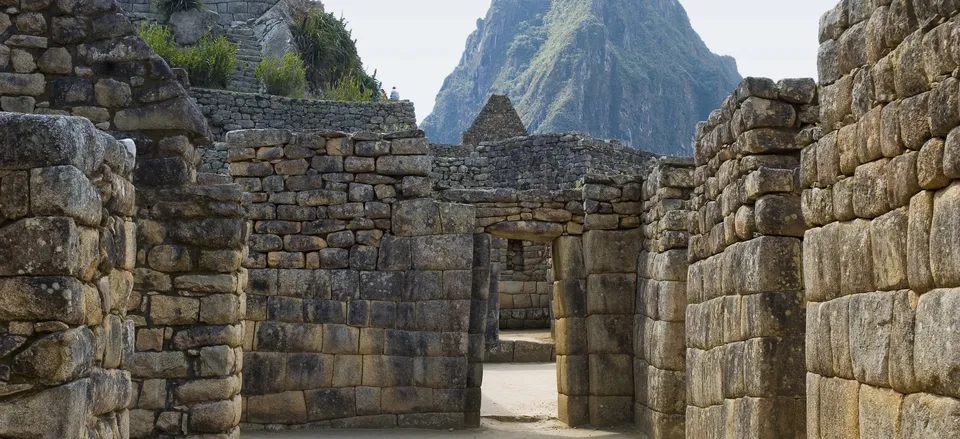
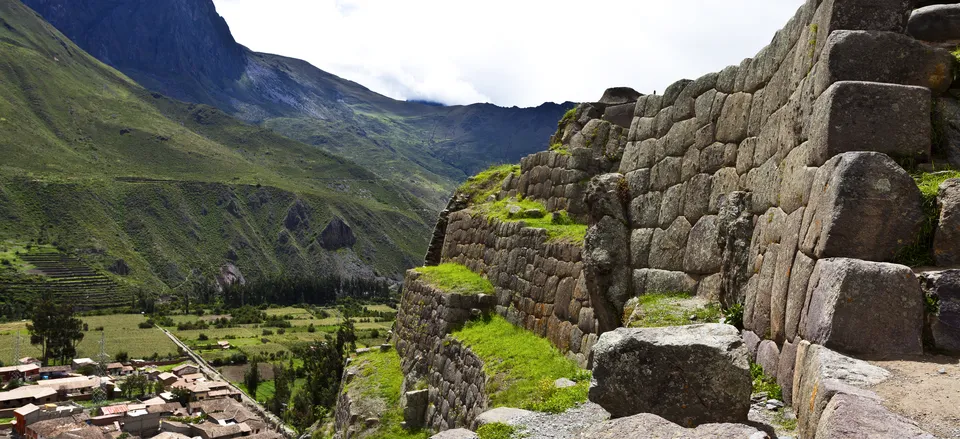
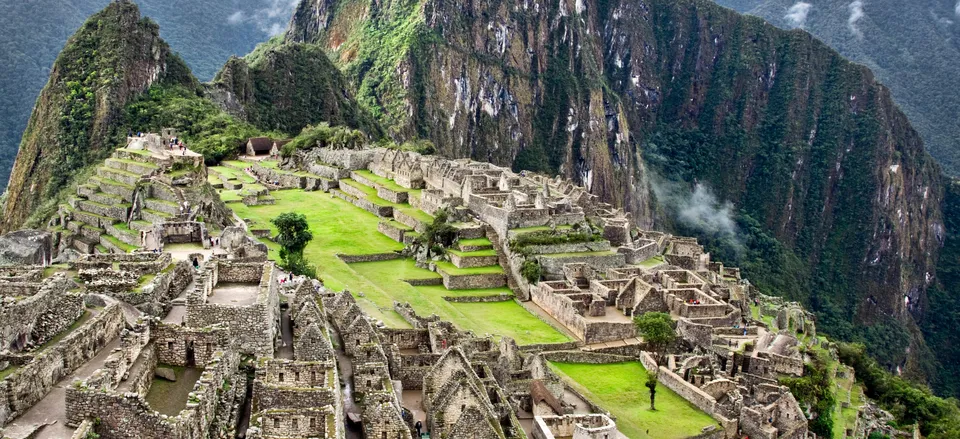
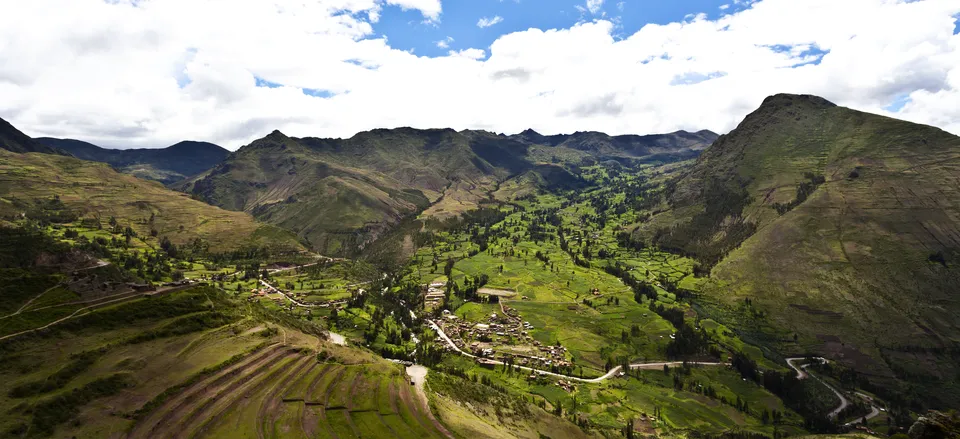
/https://tf-cmsv2-journeys-media.s3.amazonaws.com/filer/a3/ef/a3ef5f15-4ad0-4a60-8891-c87218665495/per_lima_ou.jpg)
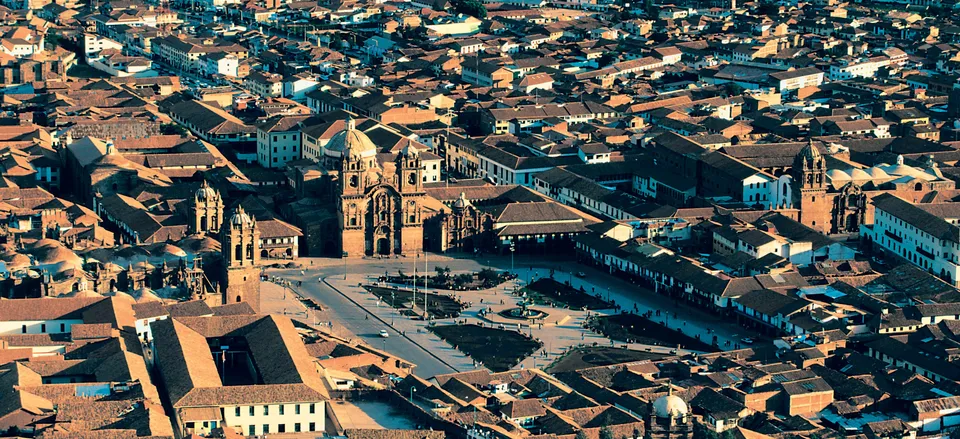
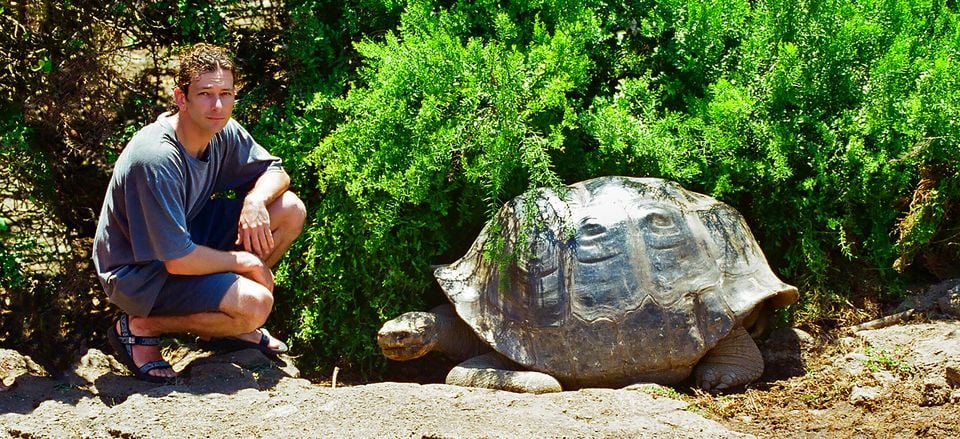
/https://tf-cmsv2-journeys-media.s3.amazonaws.com/filer/e7/a6/e7a665ca-9de7-4f22-8c60-d15c83b9aced/glp_sealscrabs_ist_000023172326.jpg)
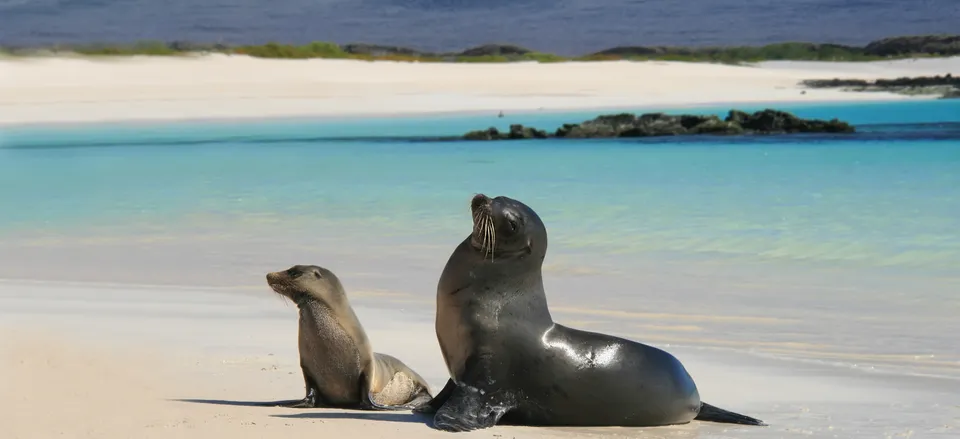
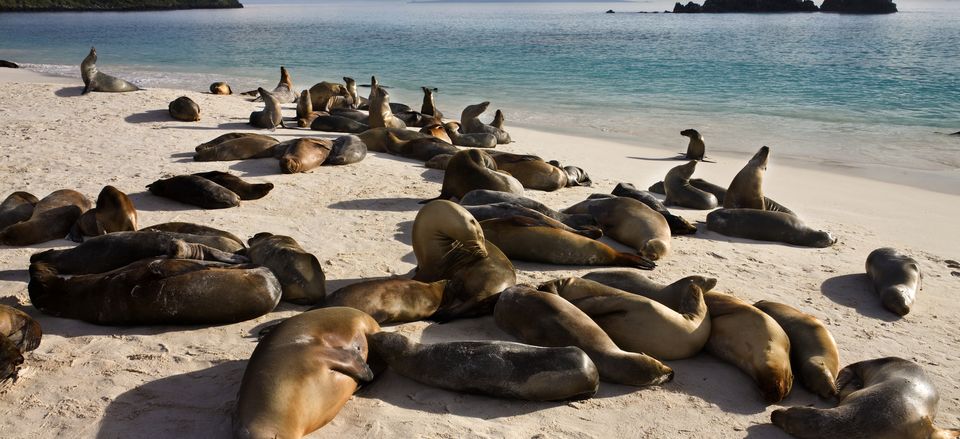
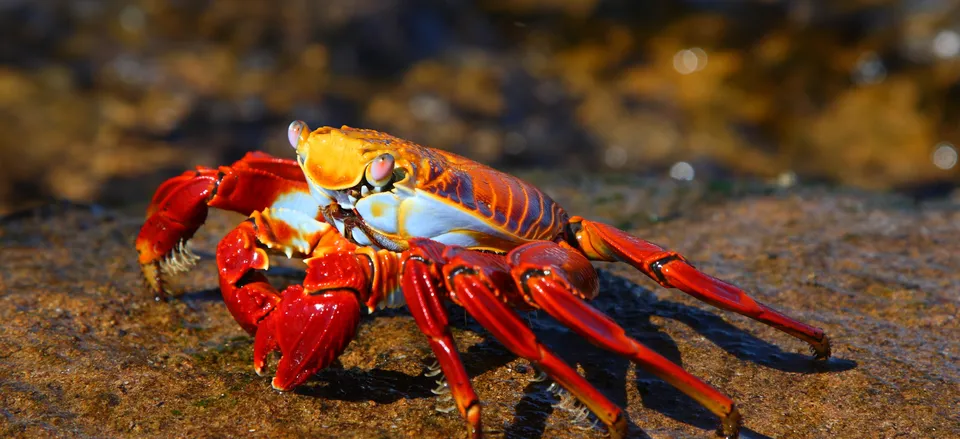
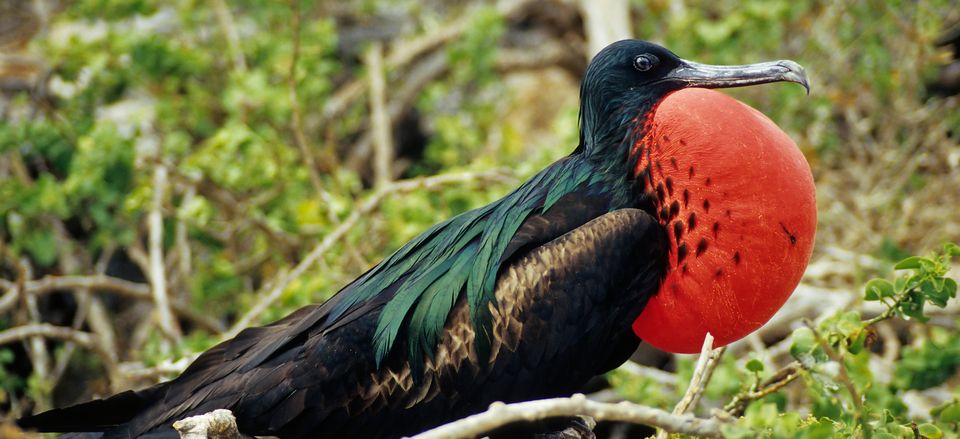
/https://tf-cmsv2-journeys-media.s3.amazonaws.com/filer/6b/3e/6b3e6392-cfcb-4bc0-a106-d19cfea80307/animal_galapagos_iguana_ist_472945514.gif)
:focal(1134x577:1135x578)/https://tf-cmsv2-journeys-media.s3.amazonaws.com/filer/82/10/82101773-8570-4b70-a3a7-c225a729d836/per_machupicchu_couple_dt_m_94986427.jpg)
:focal(1368x919:1369x920)/https://tf-cmsv2-journeys-media.s3.amazonaws.com/filer/c2/a3/c2a317d2-ee30-439a-8dc0-a517aca15ac7/chl_easterisland_ahutongariki_dt_l_25844718.jpg)
:focal(1061x505:1062x506)/https://tf-cmsv2-journeys-media.s3.amazonaws.com/filer_public/46/c1/46c151c1-09ad-4f4e-9391-677fbe25086e/per_amazonriver_ist_1365198774.jpg)
:focal(2696x1207:2697x1208)/https://tf-cmsv2-journeys-media.s3.amazonaws.com/filer/5c/23/5c23e707-cee0-40cd-9254-c3ee4398a0b6/people_group_patagonia_tdalexmaureira.jpeg)
/https://tf-cmsv2-journeys-media.s3.amazonaws.com/filer/e3/58/e358ebe4-8f5e-4434-819e-0838a95359ad/sale_woman_photo.jpg)
/https://tf-cmsv2-journeys-media.s3.amazonaws.com/filer_public/1b/c8/1bc81cea-8496-40cf-87cd-14223a6a1f02/per_machupicchu_stairswoman_gettyrf_642318296.jpg)